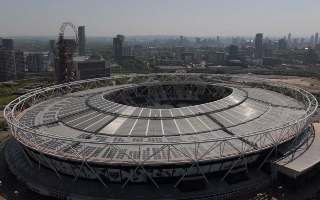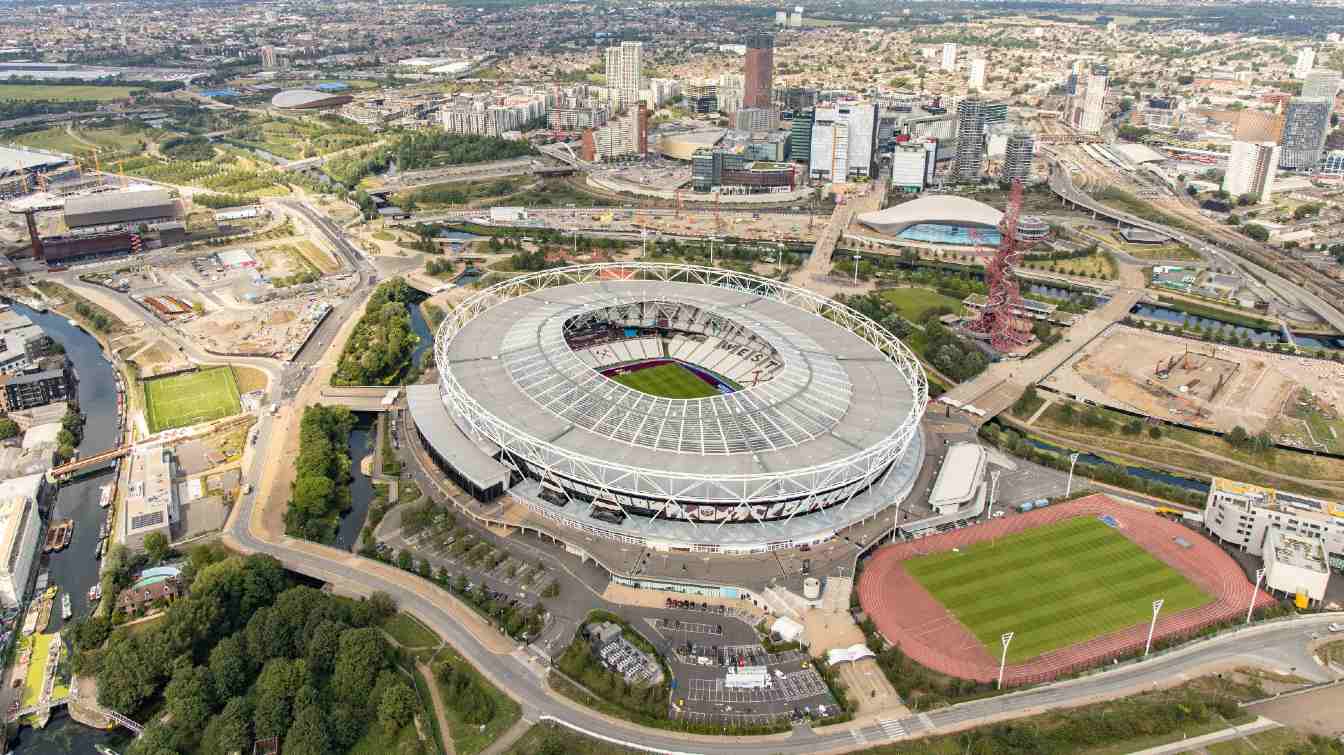England: London Stadium – West Ham’s blessing and curse
source: StadiumDB.com; author: Paulina Skóra
 London Stadium, home of West Ham United, was supposed to symbolize a new era for the club. Instead, it has become its biggest challenge. While the team benefits from low rent and high capacity, the lack of control over the venue limits financial and investment opportunities – and, by extension, the club’s overall valuation.
London Stadium, home of West Ham United, was supposed to symbolize a new era for the club. Instead, it has become its biggest challenge. While the team benefits from low rent and high capacity, the lack of control over the venue limits financial and investment opportunities – and, by extension, the club’s overall valuation.
Advertisement
A seeming success that sparked problems
In 2013, West Ham moved to London Stadium on a 99-year lease. Thanks to a deal with City Hall and the London Legacy Development Corporation, the club received benefits equivalent to around £700 million in public funding. The rent is far below the stadium’s running costs, effectively translating into an annual subsidy of roughly £10 million. Brady negotiated a fantastic deal for West Ham – applause for her, unless you’re a taxpayer,
comments Kieran Maguire, football finance expert.
Stadium not a draw for fans or sponsors
Despite the favorable deal, the stadium itself became a constraint. West Ham lacks infrastructure to develop extra revenue streams, such as stadium naming rights or hosting large-scale events. Compared to other London clubs like Tottenham or Arsenal, West Ham earns far less from matchday fans. In 2023–24, average revenue per fan was only £27, while Tottenham generated £84.
The stadium was not designed with football in mind – many seats offer poor views, and facilities limit income generation. On top of that, London Stadium is unpopular with West Ham supporters. Compared to the old Upton Park, fans complain about atmosphere and comfort; some seats remain empty, attracting more football tourists
than genuine supporters.
Tweet hammer_on_x https://x.com/hammer_on_x/status/1967672774262132850
— hammer_on_x (@hammer_on_x) May 24, 2025
Challenges increase as years go by
With UK TV rights values dropping 31% in real terms, clubs must find additional revenue streams. Tottenham capitalizes on concerts and stadium rentals, boosting its value, while revenues from such events at London Stadium go to the London Legacy Development Corporation, not West Ham. Because West Ham doesn’t own the stadium, it can’t leverage it like Spurs or Arsenal,
explains Dr. Paul Widdop from Manchester Metropolitan University. Naming rights alone could add up to £25 million annually – £250 million over a decade.
Advertisement
 StadiumDB
StadiumDB